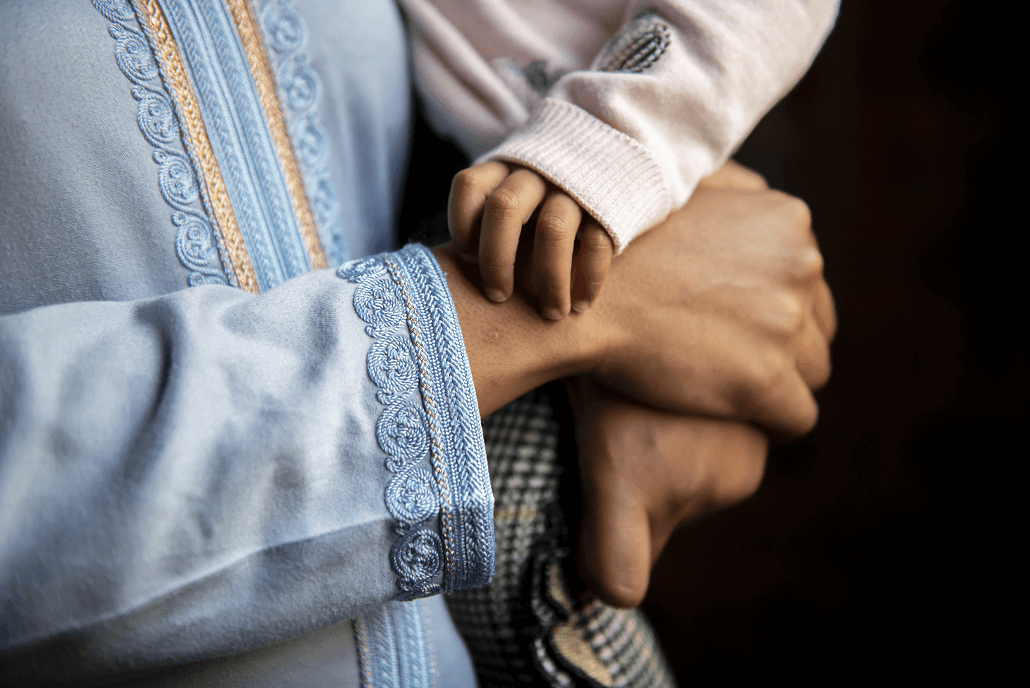In the words of Layla: “I still have a chance to get my life back”
Date:

![]()
I lost my parents when I was a little girl. I was brought up by a relative, but when I started college, she told me that she could no longer afford to support me. I moved out of her house and started working as an assistant to a CEO. I told the CEO about my family background and financial challenges, and he let me stay in the office where I was working. Soon after, even though he was married, he told me he was in love with me and was planning to propose to me soon. I trusted him and his words, and we started dating.
He quickly became essential in my life. But he hit me whenever I disagreed with him. I endured everything from sexual violence to emotional abuse. He became more and more violent as the days passed. He had total control over me. With their wealth and connections, he was prominent figures in the city. He made me believe that I stood no chance against him.
When a friend referred me to the Police Unit for Women Victims of Violence, I was at a stage of my life where nothing seemed to matter anymore. I was pregnant, unmarried and lonely. On the way to the police station, I was terrified. I was afraid that they would ignore me and that they wouldn’t believe me.
But when I arrived, I was warmly welcomed by a female officer. The first thing she told me was that there is a solution to everything. I will never forget that. It has become my motto in life. Her words encouraged me to tell her the whole story. She listened to me with great care and attention, showing interest. I was relieved. I felt like I was finally meeting someone who had a professional and human conscience. At the time, I felt insecure, unsafe, and that my life was over, but meeting her made me realize that I still had a chance to get my life back.
She is one of only a few people who knows what happened to me. She put me in touch with a local shelter for single mothers where I was welcomed and supported, and arranged a spot for my unborn child and me. Two years ago, my daughter was born. She is my hope. Her name in Arabic means ‘resistance’. Recently, I completed a bachelor’s degree in mathematics. I was studying while taking care of my baby at the single mother’s shelter.
I don’t even want to think about what my life would have been like had I not gone to the police unit that day. After contacting them I felt empowered and, most of all, supported. It felt so good to be surrounded by caring people.”
* Name and personal information have been changed to protect the identity of the individual
The partnership between the General Directorate of National Security and UN Women was launched in 2018, has focused on the prevention, protection and response to violence against women and girls in Morocco, and is being carried out with funding and support from the Government of Canada. It aims to strengthen the protection and promotion of women's rights and to create an enabling environment for women and girls who are victims of violence through the establishment of accessible and quality essential services, particularly police and justice services.
UN Women, together with UNFPA, UNDP, UNODC and WHO, developed a Regional Flagship Programme to address Violence Against Women and Girls in the Arab States to bridge research with policy recommendations, provide guidance to adapt international standards in service provision to the region, and strengthen interagency understanding and collaboration in areas such as prevention. A key part of the programme includes the recent launch of the Handbook on Gender-Responsive Police Services for Women and Girls Subject to Violence. The handbook is being rolled out by UN Women with police middle managers across the region and gives practical, in-depth guidance on how to respond during crises like the COVID-19 pandemic; prevent violence against women and girls in conflict settings; and tackle online violence.